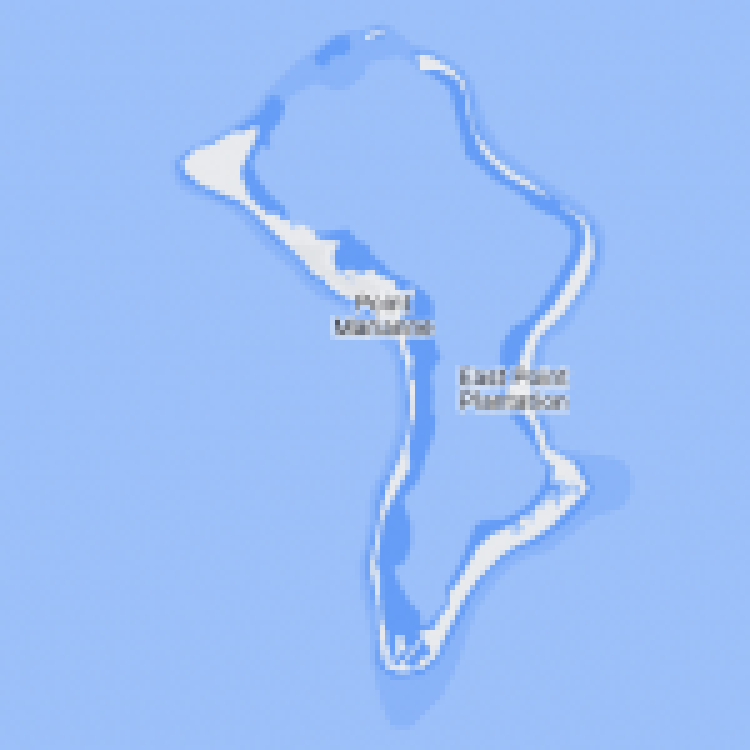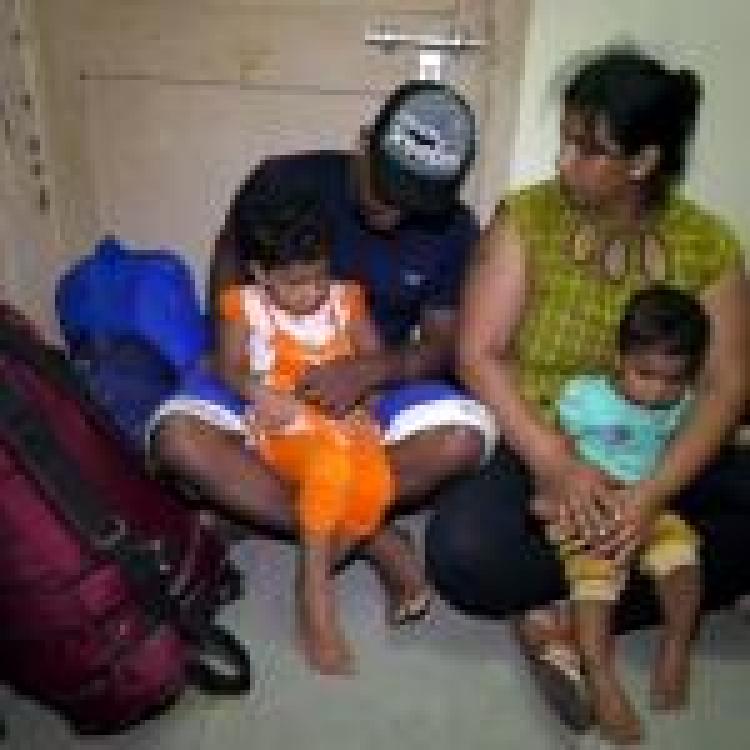![]()
There has been mounting pressure Britain’s Home Secretary, Yvette Cooper, to airlift more than 60 Tamil asylum seekers on Diego Garcia, to the UK after reports of a mass suicide attempt on the island.
The group, first stranded on the island in October 2021, are facing extreme challenges and are “extremely vulnerable”, according to their lawyers.
![]()
There has been mounting pressure Britain’s Home Secretary, Yvette Cooper, to airlift more than 60 Tamil asylum seekers on Diego Garcia, to the UK after reports of a mass suicide attempt on the island.
The group, first stranded on the island in October 2021, are facing extreme challenges and are “extremely vulnerable”, according to their lawyers.
The commissioner for the British Indian Ocean Territory (BIOT) Paul Candler also wrote a letter which detailed a mass suicide attempt involving 22 of the Tamils.
A partner at Leigh Day, the firm representing some of the migrants, stated that "the camp is in crisis", and "It is imperative that the foreign secretary and home secretary act now to end this cruelty and bring all of those on Diego Garcia to the UK without delay”.
Calls for the UK to take action follow after lawyers initiated a legal challenge and claimed that the migrants were being unlawfully detained on the island and held in a fenced-off area the size of a football pitch. This case is to be heard in September this year.
Reports on the migrant's camp describe poor conditions including rat-infested tents, claims of child sexual abuse and wide-spread self-harm.
Acting judge of the BIOT supreme court Margaret Obi granted the asylum seekers bail to access more of the island at a hearing on Friday. She said "The situation appears to be deteriorating rapidly”.
Previously on Thursday, BIOT commissioner Candler wrote a letter to Foreign Office Minister Stephen Doughty and requested some Tamils to be brought to the UK.
Foreign Secretary David Lammy then wrote a letter requesting permission from Home Secretary Yvette Cooper.
However, following the mass suicide attempt on the island, Candler issued another letter which instead requested all the migrants to be brought to the UK. He warned Doughty of risks of arson, hunger strikes and widespread disorder among those initially not in the group to be brought to the UK as well as reputational risk for the UK.
There has not yet been a response to this request from the Home Office.
Read more at The Guardian here.




